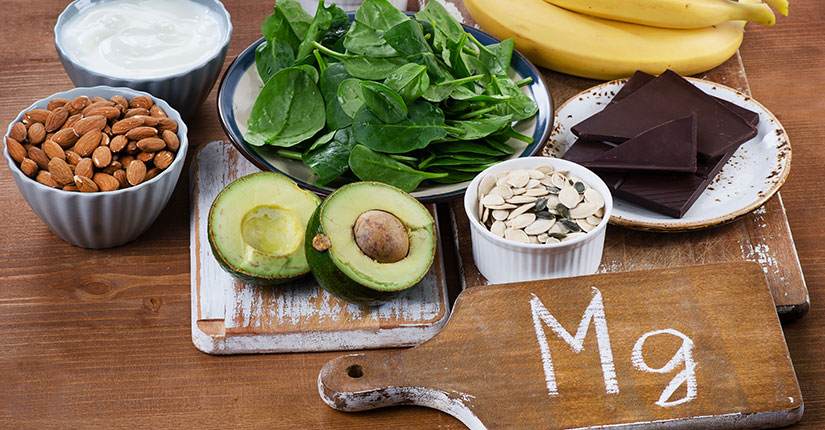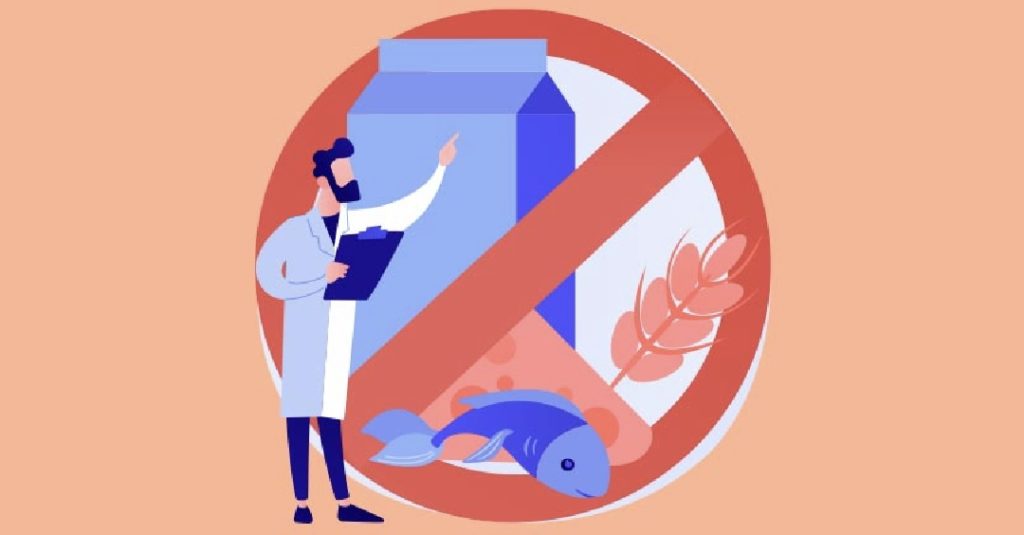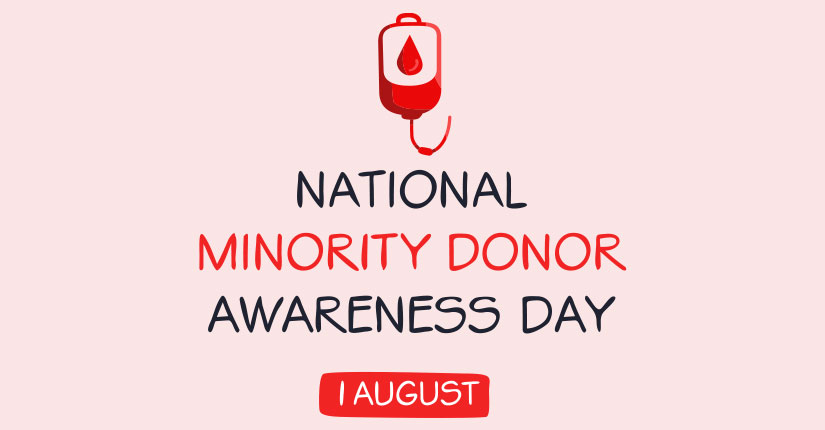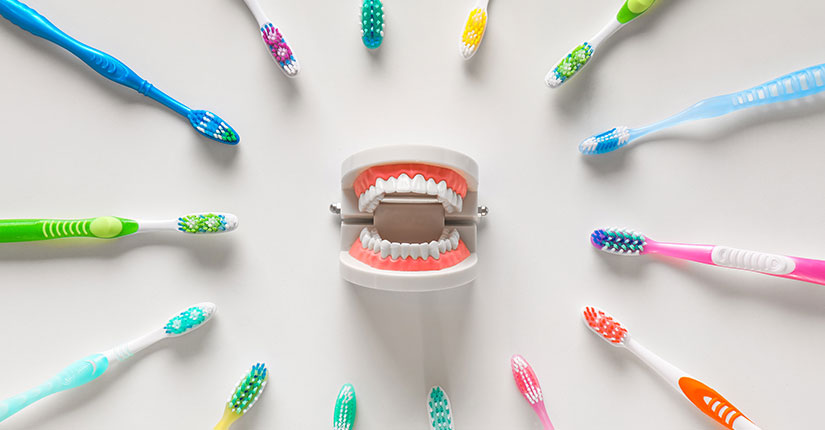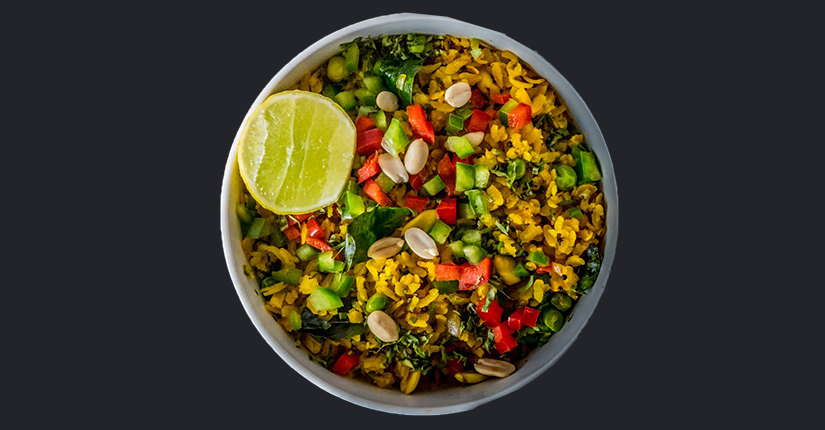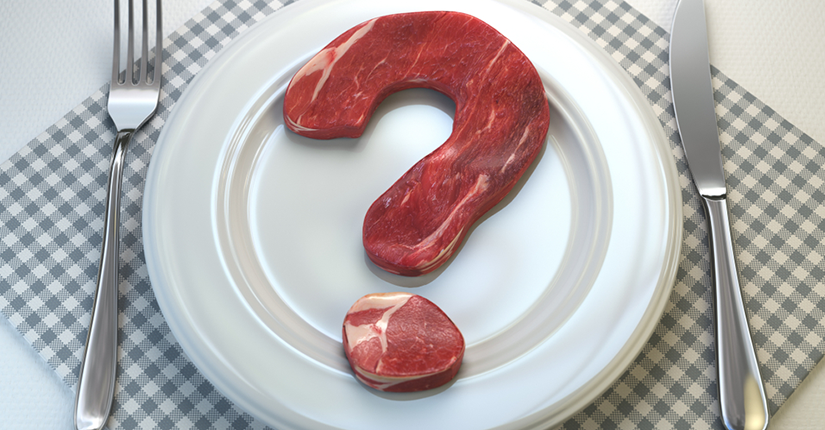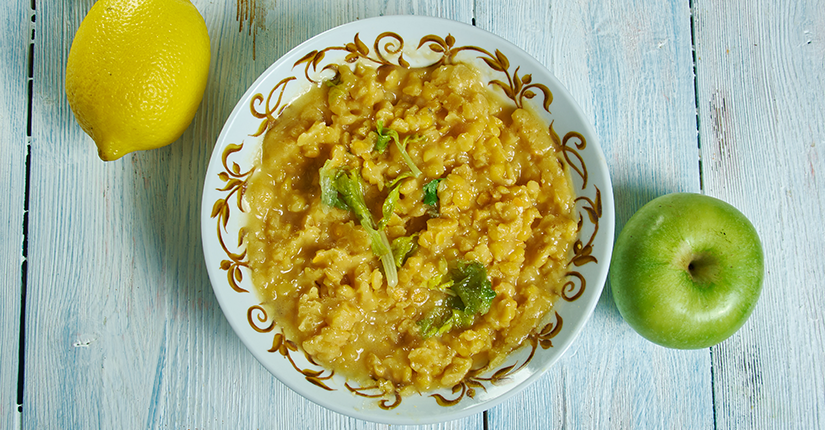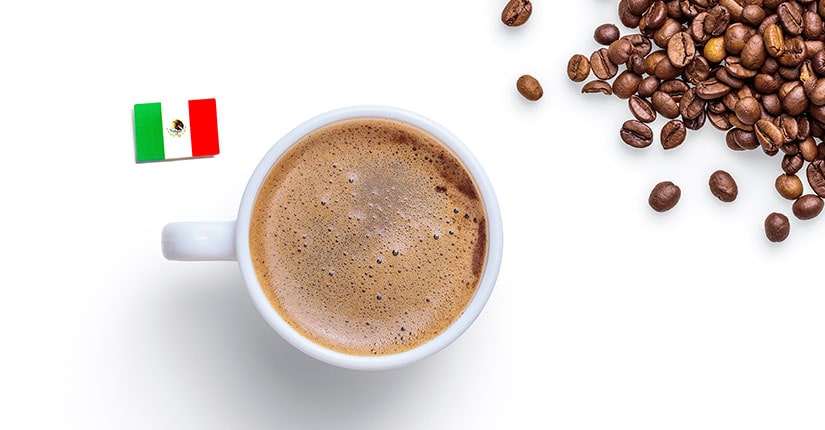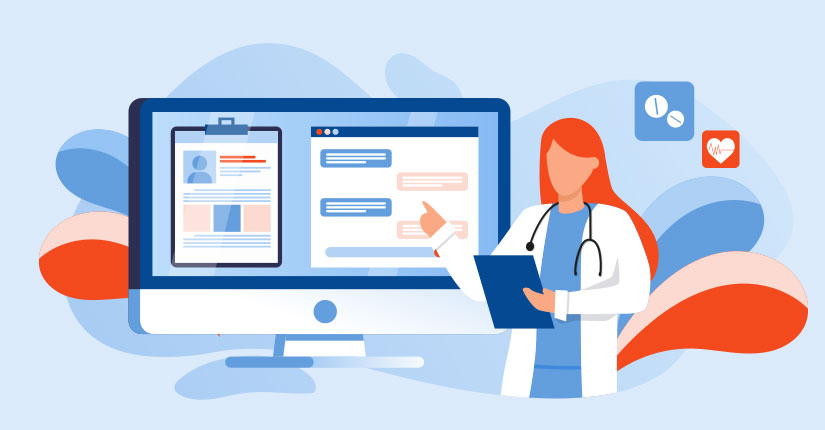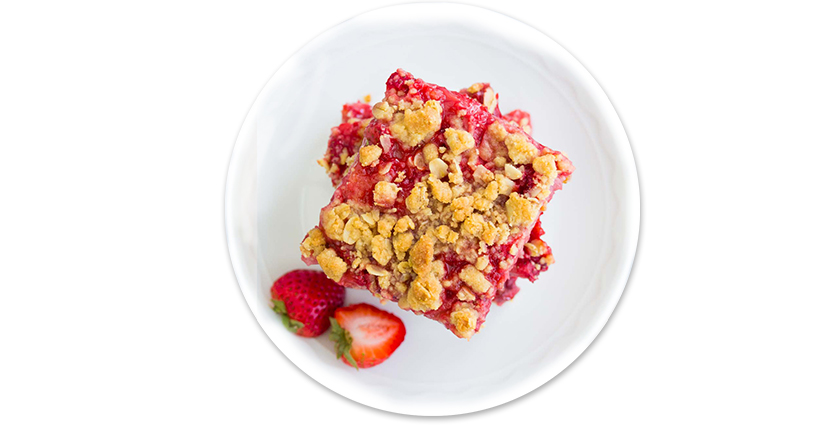Zinc is called the Gatekeeper of Immune Function? You know why.
By Nmami Agarwal 09-Jun 2021 Reading Time: 4 Mins

Zinc is an essential mineral that is important to the body. Being the second most abundant mineral in the body after iron, it must be consumed daily. Zinc affects many processes throughout your body, from supporting metabolism, healing wounds to the senses of taste and smell. But zinc especially keeps the immune system strong and supports normal growth.
The daily dietary recommendation of zinc is 8 milligrams (mg) for adult women and 11 mg for men.
What does Zinc do to the Immune System?
- Supports a healthy Immune response: Zinc acts as a messenger for the immune system. Our immune system eliminates unwanted bacteria and viruses by activating specialized white blood cells called macrophages. These cells are skilled at seeking out and destroying unwanted invaders, but they require assistance from other important immune cells known as T cells. A specific type of T cells named “Th1” produces a chemical that helps activate the body’s macrophages but a zinc-deficient diet led to decreased Th1 immune activity, and compromised immune function.
- Gives Immune support during Infection: When the body is attached by an infection, zinc blood levels may decrease as zinc gets transported into the body’s tissues to help resist the spread of infection. This rapid depletion of zinc can lead to “hyperactive” immune responses—resulting in the excessive production of certain cytokines which helps in boosting the production of infection fighting cells (WBC and T cells).
Zinc Deficiency: Zinc is an essential micronutrient for immune cell development and communication and plays an important role in inflammatory response. Yet, zinc deficiency is one of the most common nutritional deficiencies in the world. Not taking in enough zinc rich diet in the daily regime will have a hard time in creating enough immune cells, like T-cells and white blood cells, that fight off disease which can lead to getting sick more often and taking longer to heal from illness.
Zinc-rich Foods
- Eggs
- Nuts and Seeds
- Chickpeas
- Chicken
- Lentils
- Shellfish
- Curd
While most healthy adults achieve the recommended daily intake of zinc through diet alone, some may require additional amounts. This can be taken-care by either increasing your consumption of zinc-rich foods or taking a zinc supplement. Perhaps, one must check with his/her healthcare in order to introduce zinc supplements.
Over to you:
Keeping immunity system strong and making healthy lifestyle choices has always been the need of the hour. Zinc not only boost immunity but also makes sure the metabolism is strong. Also, it is important to have the right amount of zinc in your body as an overdose of zinc can cause indigestion, headaches and nausea.


